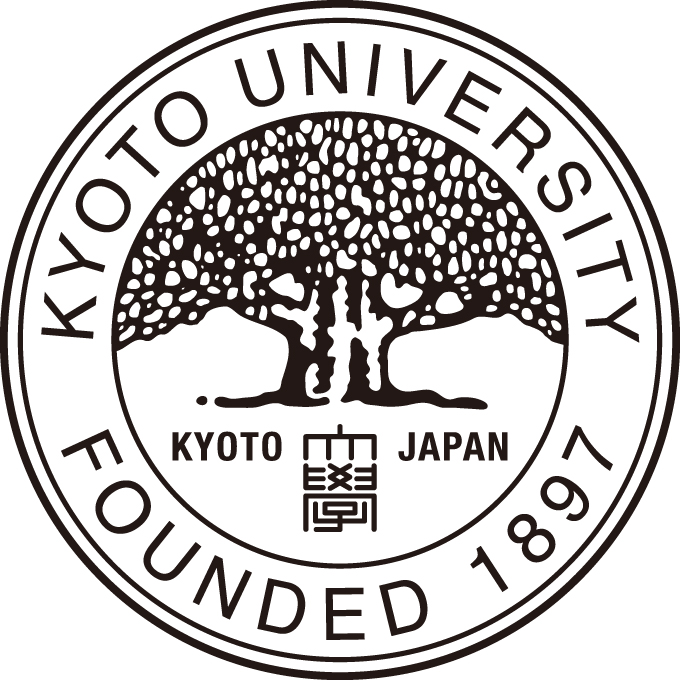About us
Recent progress in the cell biology field is the development and application of three dimentional organoid culture of primary cells, including patient derived cancer cells.
Organoids reflects the characteristics of the original tumors much more precisely than conventional established cell lines.
In 2011, we reported the CTOS (Cancer Tissue-Originated Spheroid) method, which is one of the ealiest method for cancer organid preparation and culture, for colon cancer. Now the method is applied to the biological and the translational studies on cancers of various origins, including lung, prostate, ovary, uterus and more.
In 2011, we reported the CTOS (Cancer Tissue-Originated Spheroid) method, which is one of the ealiest method for cancer organid preparation and culture, for colon cancer. Now the method is applied to the biological and the translational studies on cancers of various origins, including lung, prostate, ovary, uterus and more.
News
| The research article Heterogenous chemosensitivity of a panel of organoid lines derived from small cell neuroendocrine carcinoma of the uterine cervix has been published in Hum Cell. | |||
| The research article A small subset of Wnt‐activated cells is an initiator of regrowth in colorectal cancer organoids after irradiation has been published in Cancer Science. | |||
| The research article Outgrowth of erlotinib-resistant subpopulations recapitulated in patient-derived lung tumor spheroids and organoids has been published in Plos One. | |||
| The research article Novel ex vivo disease model for extramammary Paget's disease using the cancer tissue-originated spheroid method has been published in J Dermatol Sci. | |||
| The research article "Dedifferentiation of neuroendocrine carcinoma of the uterine cervix in hypoxia" has been published in Scientific Reports. | |||
| The research article "Hydrodynamic stress stimulates growth of cell clusters via the ANXA1/PI3K/AKT axis in colorectal cancer" has been published in Biochemical and Biophysical Research Communications. | |||
| The review paper "Application of Cancer Organoid Model for Drug Screening and Personalized Therapy." has been published in Cells. | |||
| Establishment of our lab. | |||


